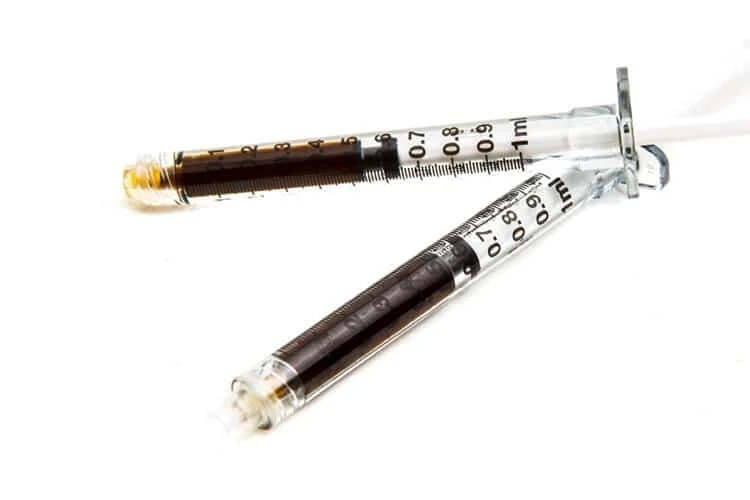RSO (Rick Simpson Oil) and CBD (cannabidiol) have been subjects of extensive research and discussion in recent years. As our understanding of the potential therapeutic benefits of cannabis evolves, new frontiers are emerging for RSO and CBD in modern healthcare. In this article, we delve into some exciting and innovative developments surrounding these substances.
Personalized Medicine: One of the significant advancements in healthcare is the concept of personalized medicine. With them, researchers are exploring ways to tailor treatments to individuals based on their unique genetic makeup, medical history, and specific conditions. This approach allows for optimized dosing, targeted therapies, and better outcomes. By analyzing genetic markers and understanding how individuals metabolize cannabinoids, healthcare professionals can develop personalized RSO and CBD treatment plans that address specific health concerns more effectively.
Combination Therapies: The potential synergistic effects of these when used in combination with other medications or therapies are being investigated. This approach, known as combination therapy, aims to enhance the therapeutic benefits and reduce side effects. For example, combining RSO or CBD with traditional pain medications may lead to more effective pain management with lower doses of opioids, potentially reducing the risk of opioid dependence. Exploring the interactions between RSO, CBD, and other treatment modalities opens up new possibilities for comprehensive and integrative healthcare approaches.
Neuroprotective Potential: Researchers are increasingly exploring the neuroprotective properties of RSO and CBD, particularly in the context of neurodegenerative diseases. Preclinical studies have shown promising results in terms of both\'s ability to protect neurons, reduce inflammation, and potentially slow down the progression of conditions like Alzheimer\'s disease and Parkinson\'s disease. These findings open up avenues for future clinical trials and the development of innovative therapies targeting neurodegenerative disorders.
Novel Delivery Systems: Innovation in delivery systems is revolutionizing the way they are administered. Researchers and pharmaceutical companies are exploring alternative methods such as transdermal patches, inhalers, and sublingual sprays to enhance bioavailability and ensure precise dosing. These advancements provide patients with more options for administering them, allowing for better control over their treatment and improved patient compliance.
Pediatric Applications: While they have shown significant potential in adult healthcare, there is growing interest in their use for pediatric patients. Research on the efficacy and safety of RSO and CBD in children is expanding, particularly in conditions such as epilepsy and autism spectrum disorders. Preliminary studies suggest that they may offer therapeutic benefits in reducing seizures and improving behavioral symptoms in children. As more evidence becomes available, they could play a vital role in pediatric healthcare.
Mental Health and Emotional Well-being: The impact can be on mental health and emotional well-being is an area of ongoing research. Studies are exploring their potential in alleviating symptoms of anxiety, depression, PTSD, and other mental health conditions. The interaction between cannabinoids and the endocannabinoid system in the brain offers promising avenues for novel therapeutic interventions. By targeting specific receptors, they may help regulate mood, reduce anxiety, and promote emotional balance.
Regulatory Developments: As the therapeutic potential of both of these becomes increasingly recognized, regulatory frameworks are evolving to ensure patient safety and product quality. Governments and regulatory agencies are working to establish guidelines for manufacturing, labeling, and distribution of their products. This regulatory oversight provides consumers with greater confidence in the products they choose and promotes standardized practices within the industry.
Conclusion:
They continue to make waves in modern healthcare, with exciting developments that expand their potential applications and pave the way for innovative treatment approaches. From



